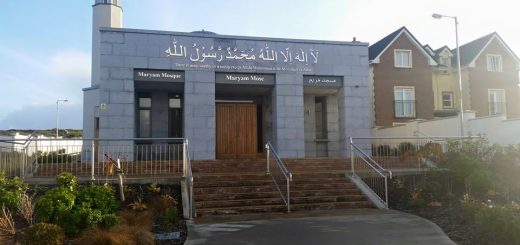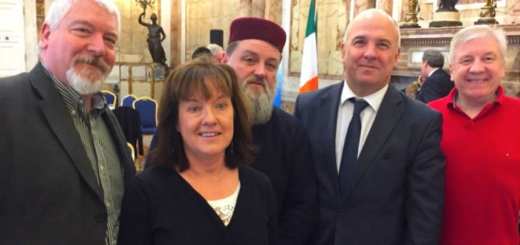New directive on religious instruction will change the culture of ETB schools
Originally published by Atheist.ie on February 19, 2018.
Atheist Ireland welcomes the Department of Education’s new directive on religious instruction in second-level ETB schools. It is the most significant recognition of the constitutional and human rights of atheist, minority faith, and secular families in Irish schools since Atheist Ireland was founded.
These rights have always existed, and now they can finally be exercised in ETB schools. This will immediately change the culture of undue Catholic religious influence in ETB schools. It will also intensify pressure to recognise the same rights in State-funded denominational schools.
The new directive vindicates and addresses the concerns that Atheist Ireland raised in our 2016 report: ‘How the State Religious Education Course Breaches Human and Constitutional Rights’. It also implements the main recommendations of our Report, which were
- to stop telling parents that religion is a compulsory core subject,
- to provide alternative timetabled subjects to religion,
- to respect the privacy of families with regard to their religious or philosophical beliefs,
- to ensure that parents and pupils are aware of how to exercise their rights.
Under the new directive, ETB second-level schools can continue to provide religious instruction and worship for those pupils whose parents choose to take part in these. This right is protected in the existing legal instruments under which the schools are governed. However, they cannot continue to assume that this only applies to Catholic religious instruction and worship.
Alongside that, ETB schools:
- will have to treat atheist, minority faith, and secular pupils with the same respect as they do Catholic pupils.
- will have to let parents know that they are merging the State religion curriculum with Catholic religious instruction, in line with the requirements of the Catholic Church.
- will have to provide alternative timetabled subjects, that pupils can choose instead of these religion classes, .
- will have to do this by consulting parents at the start of the school year, as part of the normal timetabling process, rather than waiting for parents or pupils to say that they want to opt out of religion.
- will have to provide parents at the start of the year with information about religious worship and events during the year, and give parents the opportunity to decide whether or not they want their children to participate in or be present during these events.
Most significantly, under the new directive:
- ETB schools will have to respect the privacy of families who do not want to engage in religious instruction or worship. This is one of the human rights issues that Atheist Ireland stressed with the Department.
- ETB schools will no longer to be able to interrogate parents about why they do not want their children to study religion. The only information that schools required is that the parent wants to opt for the alternative subject or subjects.
- We would like to thank all of the parents who courageously challenged this issue, including the parents in Castletroy College who agreed to go public on their treatment.
This has been one of Atheist Ireland’s most important lobbying campaigns. It is the single part of the education system that parents have most often complained to us about. We would like to thank everyone who helped to fund our recent Freedom of Information requests into the influence of religion in ETB schools. These FOI requests repeatedly vindicated our concerns.
Last December, we met with the Department of Education, along with our secular colleagues in the Evangelical Alliance of Ireland and the Ahmadiyya Muslim Community of Ireland. At this meeting, we raised several issues which have been incorporated into the new directive. We recognise the skill of the Department officials in framing these positive changes within the confines of the anachronistic existing deeds of trust and legal instruments of ETB schools.
We will publish a more detailed analysis of the directive later.












